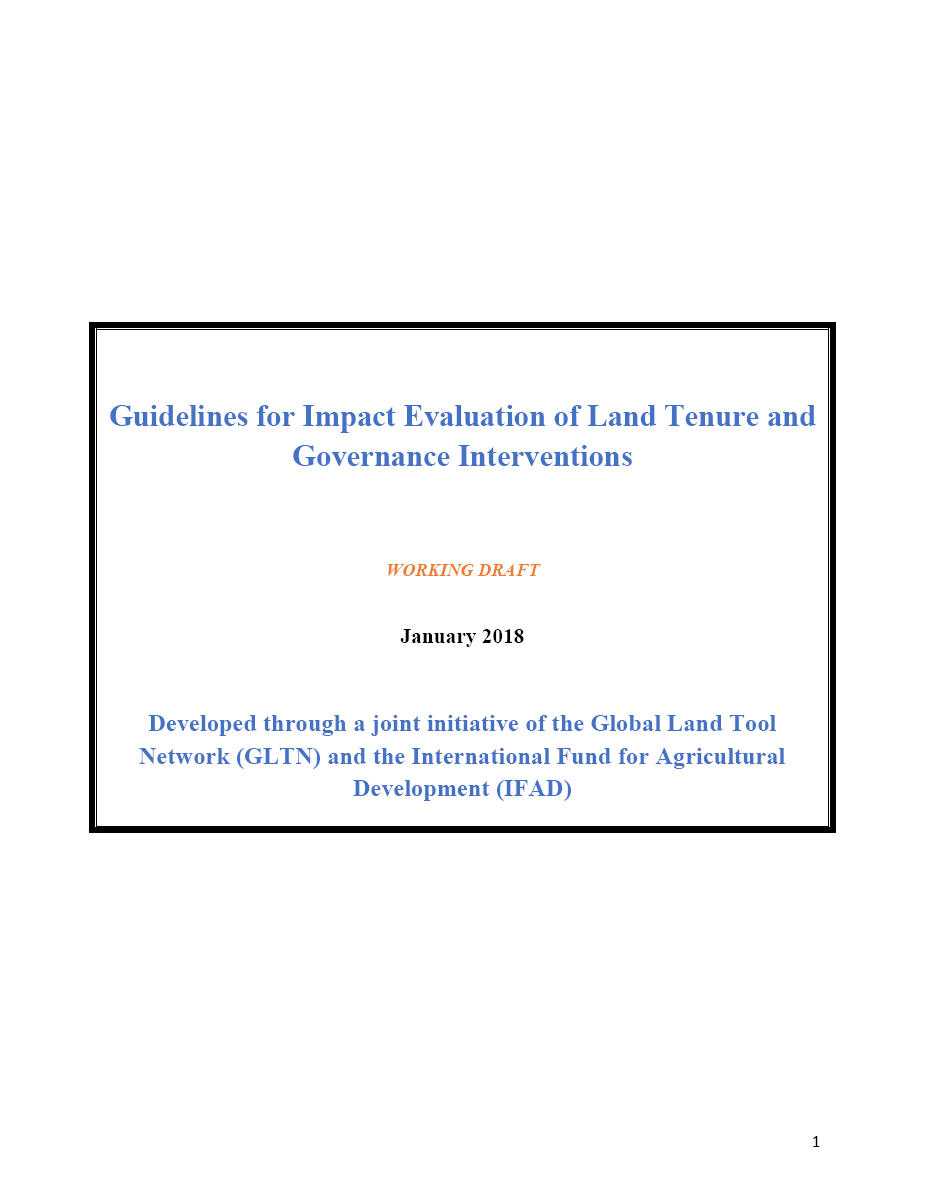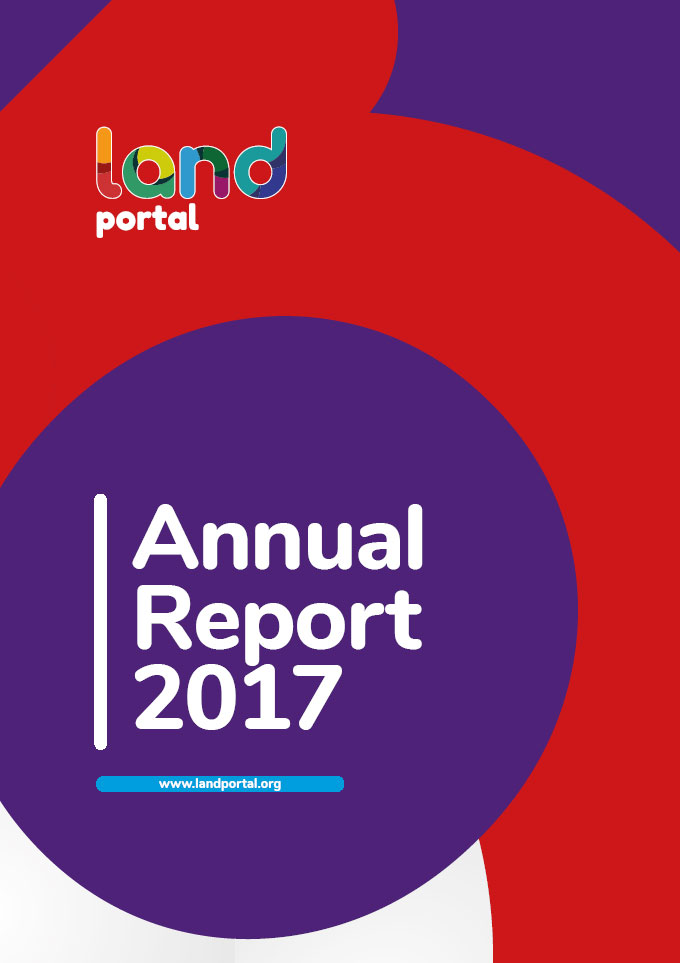Nyaunglebin Interview: Naw P---, October 2011
This report contains the full transcript of an interview conducted during October 2011 in Nyaunglebin District by a community member trained by KHRG to monitor human rights conditions. The community member interviewed Naw P---, a 42-year-old flat field farmer, who described her experiences being forcibly relocated by Tatmadaw troops, most recently in 2004 from D--- to T--- relocation village.




